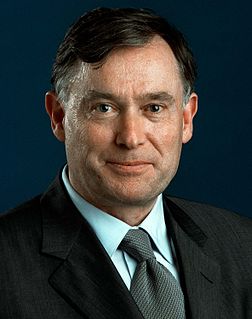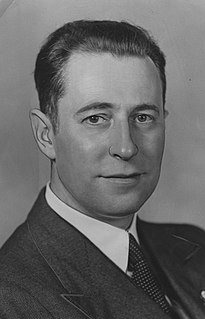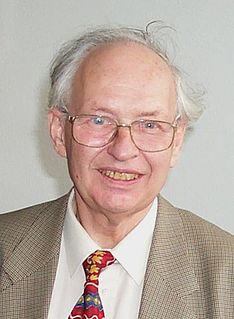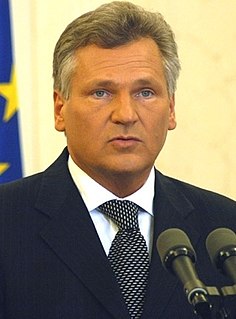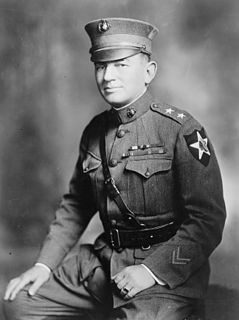A Quote by Horst Koehler
After a Polish Pope, whose country was first to be invaded by the Germans in World War Two, we now have someone from the generation drafted at the close of the war.
Related Quotes
I was born in Breslau on October 5th, 1930. At that time, Breslau, now called Wroclaw, belonged to Germany, and only German was spoken there. After the Second World War, Breslau became Polish, and the original German population was almost completely replaced by a Polish one. I have never visited Wroclaw after the war.
World War Two was a world war in space. It spread from Europe to Japan, to the Soviet Union, etc. World War Two was quite different from World War One which was geographically limited to Europe. But in the case of the Gulf War, we are dealing with a war which is extremely local in space, but global in time, since it is the first 'live' war.
after a generation or two of shedding the deliberate political encumbrances to war ... of dropping Congress from the equation altogether, of super-empowering the presidency with total war-making power and with secret new war-making resources that answer to no one but him, of insulating the public from not only the cost of war but sometimes even the knowledge that it's happened - war making has become almost an autonomous function of the American state. It never stops.
... there was the first Balkan war and the second Balkan war and then there was the first world war. It is extraordinary how having done a thing once you have to do it again, there is the pleasure of coincidence and there is the pleasure of repetition, and so there is the second world war, and in between there was the Abyssinian war and the Spanish civil war.
From the Battle of Trenton to the Argonne, Marines have won foremost honors in war, and in the long eras of tranquility at home, generation after generation of Marines have grown gray in war in both hemispheres and in every corner of the seven seas, that our country and its citizens might enjoy peace and security.
When you say that after World War I there was a pandemic that killed more people than the war itself, most will say: "Wait, are you kidding? I know World War I, but there was no World War 1.5, was there?" But people were traveling around after the war, and that meant the force of infection was much higher. And the problem is that the rate of travel back then was dramatically less than what we have nowadays.
Growing up during World War II certainly affected my whole view of life, but I hardly know how, it goes so deep. What's hard to explain now is that, though we were never invaded, and bombed only once and ineffectively on the coast of Oregon, everybody in the country was in that war. Everything we did was influenced by it - eating, traveling, dressing, thinking - everything in daily life.
I looked back on the roaring Twenties - with its jazz, 'Great Gatsby,' and the pre-Code films - as a party I had somehow managed to miss. After World War Two, I expected something similar, a return to the period after the first war, but when the skirt lengths went down instead of up, I knew we were in big trouble.
